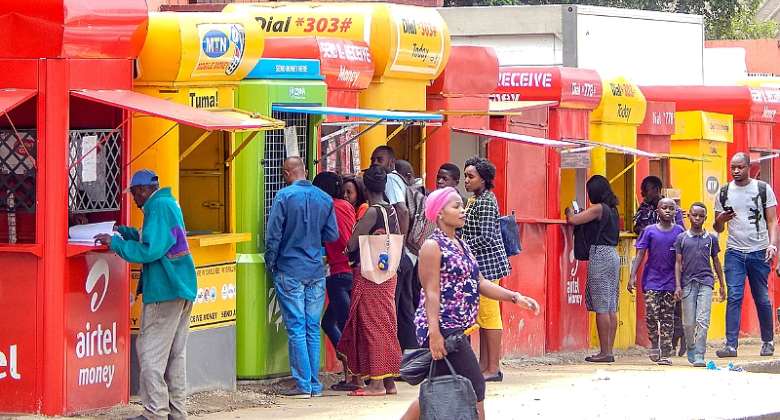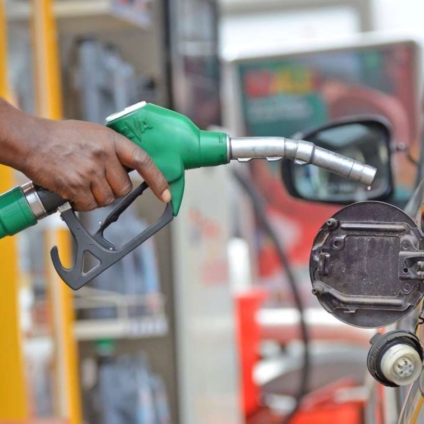The Mobile Money Agents Association of Ghana has stated that there has been unprecedented panic withdrawals at the mobile money vending stations after five days of implementing the e-levy.
Spokesperson of the Association, Charles Kwesi Addo, in an interaction with JoyNews said its members are overwhelmed by the numbers.
“As at Friday even before the implementation of the levy on the 1st of May that was Sunday, there were withdrawals. A lot of people were coming to our stand because of the holiday and the long weekend.
“We were finding it very difficult to understand, because almost 80% of customers that walk to our stand were withdrawing which has never happened so we were finding it very difficult,” he said.
According to him, due to the numbers showing up to withdraw money, they turned some of them down “because we were unable to give them physical cash.”
He added that others also rushed to withdraw money because they were misinformed about e-levy deductions from money in their wallets.
The introduction of the e-levy was greeted with controversy with the Minority taking up the matter at the Supreme Court.
Former President John Mahama is also on record to have said that the levy will be scraped should the NDC win power in 2024.
On the ground, on Thursday, subscribers say they have become more cautious since the levy was introduced on May 1.
In an interview with JoyNews’ Samuel Mbura, some users of the mobile money service expressed their concerns about using the facility after the e-levy was implemented.
One user said: “for now I only deposit when I want to buy airtime or something. I have most of my money on me, but now the e-levy has come to stay with us but I will still keep money in it. But for now, I just want to hold on until I have a better understanding of the e-levy.”
Another subscriber also noted that “I have even sent money this morning but not huge sum of money at least 100, 200, 300 maximum.”
The situation is not different in parts of the country where subscribers say they are unwilling to put their money in their wallets.


































